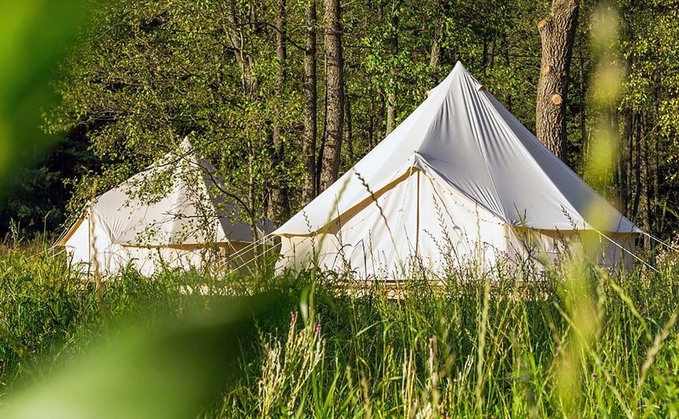
With restrictions easing and a relaxation in planning policy for campsites, Farmers Guardian examines one of the quickest and easiest ways to take advantage of the staycation boom Thr number of working...

With restrictions easing and a relaxation in planning policy for campsites, Farmers Guardian examines one of the quickest and easiest ways to take advantage of the staycation boom Thr number of working...